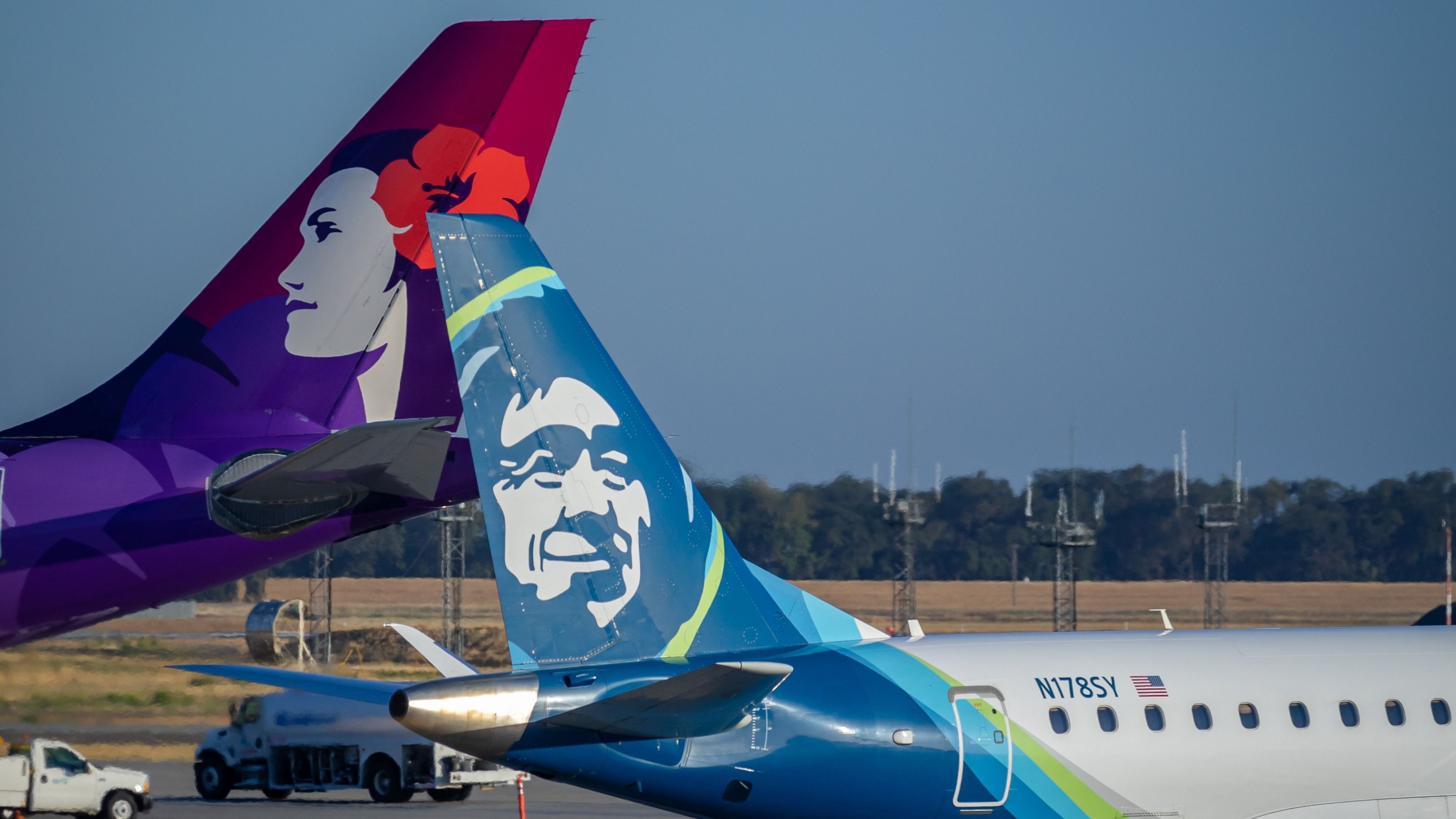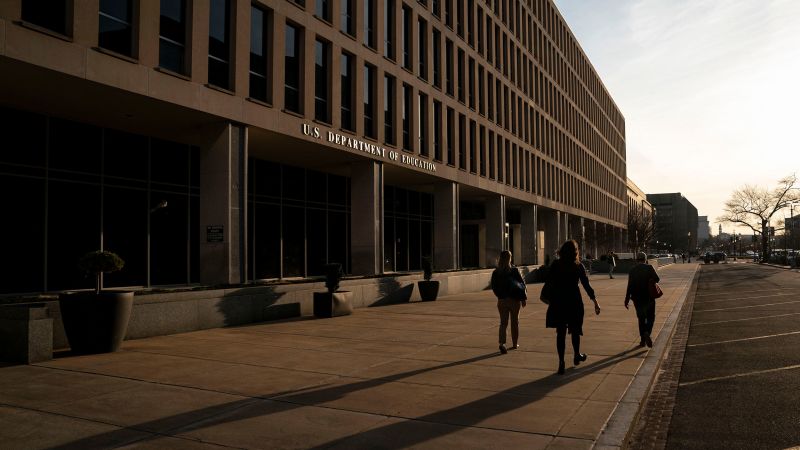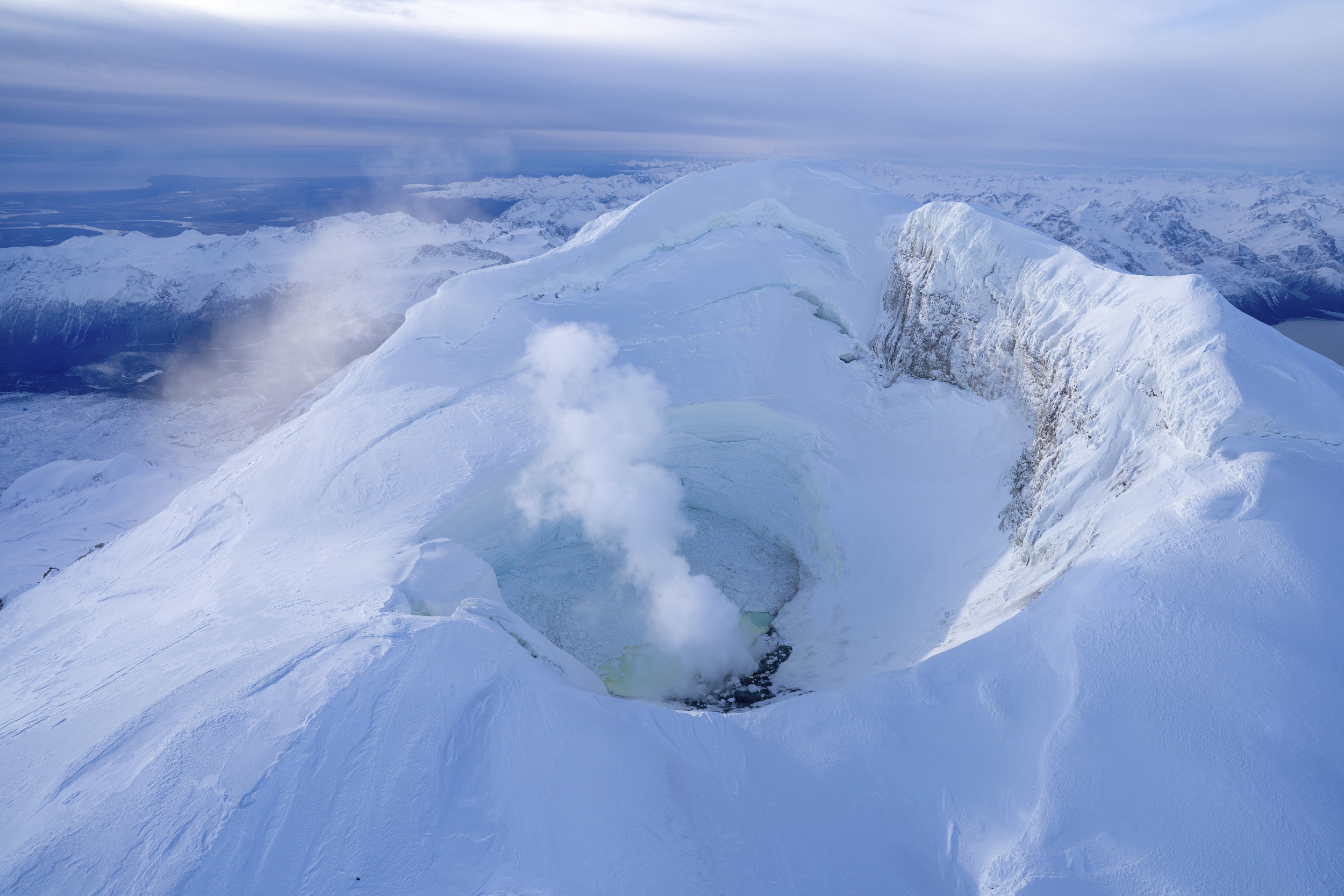Alaska
Generations Southeast expands to include Prince of Wales Island campus

The education campus in Klawock, Alaska. (Photo courtesy of T&H)
Klawock, Alaska (KINY) – The Central Council of the Tlingit & Haida Indian Tribes of Alaska (Tlingit & Haida) announced it will be expanding the Generations Southeast Community Learning Center (Generations Southeast) to include an education campus in Klawock, Alaska.
Through a long-term lease agreement with the City of Klawock, Tlingit & Haida will assume all operations of the Prince of Wales Vocational & Technical Education Center.
Operating as an educational 501(c)(3) non-profit organization, the center was built in 2014 to support the workforce development needs of local industries and has served residents on Prince of Wales Island for nearly 10 years.
“The educational center has played an important role in helping residents on the island gain access to vocational and technical trainings,” said Tlingit & Haida President Richard Chalyee Éesh Peterson. “This opportunity is really about lifting up our communities. Tlingit & Haida compacts with many of the village tribes on Prince of Wales Island, so this was really a natural fit.”
For the past year, Sealaska has supported the educational center and its effort to bring sustainable vocational and technical education programs to Prince of Wales Island.
The center currently operates with two administrative staff, including Chas Edwardson, who has served as the Executive Director since 2022 and is a certified Alaska Vocational Technical Center (AVTEC) Instructor.
Edwardson has 30 years of business development experience, including 10 years in vocational training. He has been an integral part of the education center and will remain on staff as the local administrator.
“I am very excited about joining Generations Southeast. This is a great opportunity not only for our tribal citizens but for the region as a whole. Workforce development is essential for sustainable economic development in virtually every sector, one cannot happen without the other. With Generations Southeast’s administrative capacity and years of experience in workforce development, we will continue to strengthen our region by meeting the workforce demands that are only increasing,” Edwardson shared.
Sealaska has committed to continue to support the center for the next two years while Tlingit & Haida increases staffing under its Bureau of Indian Affairs (BIA) compact funding to provide work-readiness training.
In addition to continuing to offer AVTEC courses, Tlingit & Haida plans to install virtual reality simulators to provide realistic road time Commercial Driver’s License (CDL) training and other vocational training like maritime, heavy equipment operators, administrative assistant, soft skills, and accounting.
Amelia Rivera is Tlingit & Haida’s Senior Director of the Cultural Heritage & Education Division which includes Generations Southeast, a fully accredited post-secondary training institution.
She said courses offered through the educational campus on Prince of Wales Island will be open to the general public with financial assistance opportunities provided to tribal citizens through Tlingit & Haida’s Job Placement & Training and Higher Education programs.
“One of the most exciting things about this opportunity is the chance for us to help build a solid workforce on Prince of Wales Island and contribute to local economies while supporting self-sufficiency,” shared Rivera. “There’s a lot of potential to expand trainings and other educational opportunities.”
The center’s facilities include classrooms with full audio-visual capabilities and high-speed internet, well-equipped workspaces for woodworking and welding, and a construction bay.
As part of the operations, the education center will continue to offer rental space for community events and host the Island Market held every Saturday to support local artisans and entrepreneurs.

Alaska
Should Alaska Airlines Introduce A New Livery For Its Mainline Fleet To Include Hawaiian Airlines?

Alaska Airlines’ existing mainline fleet livery has received numerous redesigns over the years, with the latest major redesign in 2016. This redesign sought to bring the brand into the modern era while at the same time respecting its heritage. The most obvious changes involved streamlining the Eskimo logo and polishing the “Alaska” wordmark. But with the recent acquisition of Hawaiian Airlines and the introduction of Boeing 787 Dreamliners to its fleet, could it be time for a new livery that reflects Alaska’s future ambitions as an international carrier?
As part of its purchase of Hawaiian Airlines, Alaska Airlines is now qualified for access to Hawaiian’s fleet of Boeing 787-9 Dreamliners. The planes will significantly improve Alaska’s long-haul international flights with improved fuel efficiency and longer range. With the growing need for air travel between borders, thi
Alaska
Opinion: Stop self-sabotaging Alaska’s opportunity of a lifetime
In the halls of the Alaska State Legislature, a recent resolution has sparked debate — not for its substance, but for its intent.
Seemingly a gesture of goodwill toward Canada, it’s actually a deliberate jab at President Donald Trump. This is no grand geopolitical strategy; it’s simply a poke in the eye.
Most legislators have little background or global experience to wade into strategic battles beyond our state’s borders. As someone who has served all over the world in the military and as an airline pilot, including alongside our Canadian comrades in arms, I can say with certainty: Alaskans and Canadians don’t need a resolution to affirm their mutual respect for each other. The only message this resolution sends is one of political shade. It’s a game the Alaska Senate should refuse to play.
This distraction comes at a pivotal moment. President Trump, from day one, has signaled a commitment to unleashing Alaska’s vast energy and resource potential — a stark contrast to the Biden Administration, which issued 70 executive orders stifling our state’s development. Where the Biden Administration treated Alaska like a colonial outpost, Trump sees our oil, gas, timber, minerals and other rich resources as national assets. His reversal of policies that smothered Alaska offers a lifeline to a state looking to stand on its own.
Our private sector is weak. We’ve relied on oil and gas, an industry which helped build Alaska and kept us afloat. However, it is always volatile.
Most of the money for the budget we spend every year comes from the federal government. It’s not free money because most of us pay income taxes.
Alaska gets a lot more money from the federal government than we put into it because we’re so small. We have a small population by size compared to our landmass, which is more than twice the size of the next largest state. We have a lot of far-flung infrastructure to maintain. With so few people, there is no realistic way for us to pay for this without help if we continue to support every corner of Alaska.
When most of our budget flows from Washington, D.C., this binds us to federal whims.
Can we wean ourselves off this dependency? Our population cannot shoulder the costs alone, and the state’s spending often defies fiscal sense.
Here’s an example: Alaska has a population of 740,133 people and includes 54 school districts. Our largest school district has shrinking enrollment, new buildings, while continuously threatening to cut programs and asking for significant increases in funding. The Legislature sets the purse strings, but local districts decide how to spend the money. As a result, we are stuck in a cycle of “just add money” without requiring improved accountability and better performance.
If a school district or borough struggles with funding priorities, that’s on those entities — not the Legislature. In fact, the state has spent so much in recent years that we are hundreds of millions of dollars behind being able to pay the state’s bills this year, and next year is worse. Many of the problems we are facing aren’t from a lack of spending money, even money we don’t have.
An unfortunate “scare” tactic school districts and other government agencies use is a phenomenon called the Washington Monument Syndrome. It’s a form of political extortion whereby an organization faced with budget reductions threatens to cut the most visible or appreciated service in order to spark public outcry. We, the Legislature, have little control over what those districts do beyond providing funding.
The real hope for Alaska lies in reclaiming our land and resources in order to maximize their potential for all — including the public and private sector. With Trump’s backing, we could manage more of our own territory — timber, fish, minerals and energy that’s the envy of most of the world — freeing us from federal dependency.
We all want to protect our pristine lands for future generations, but we also must have sustainable development to fund that future. Projects like these take years, and with oil prices shaky, the next few years may be bumpy. But 6 to 10 years from now, as pipelines, mines, energy projects and more come online, Alaska can boom. Our potential is vast, but it demands leaders who see beyond political stunts to a self-reliant future.
Sen. Mike Shower is a member of the Alaska Senate. He lives in Wasilla.
• • •
The views expressed here are the writer’s and are not necessarily endorsed by the Anchorage Daily News, which welcomes a broad range of viewpoints. To submit a piece for consideration, email commentary(at)adn.com. Send submissions shorter than 200 words to letters@adn.com or click here to submit via any web browser. Read our full guidelines for letters and commentaries here.
Alaska
In the Ring: Alaska Fighting Championship Celebrates 20th Anniversary

ANCHORAGE, Alaska (KTUU) -The Alaska Fighting Championship was held this weekend, marking the 20th anniversary of the sport in the state.
Sullivan Arena was electric as the fighters were introduced one at a time. There were six fights held in total through a variety of mediums. AMMY Muay Thai, MMA, and Bare-Knuckle Boxing were all represented at the professional level.
It was a sight to see as each fighter pushed themselves to the limit to take home the win. The second fight of the night was a Wasilla bout as Tim Watson in the Blue Corner took on Richard Strom the Third in the Red Corner. Both men from Wasilla were looking to take the victory home.
Richard Strom the Third has been competing in the sport for a while now, after being inspired by his brothers when he was young. Strom said the feeling of being in the cage is something else.
“Probably the biggest gentleman rush I’ve ever had in my life. Many, many years of training have come down to this moment,” AFC Fighter Richard Strom said.
In the cage, there isn’t a lot of time to think about your actions, and Strom says he wasn’t worried about the bout.
“I knew I can beat him on the feet no matter what. I’m gonna take no damage. I’m just gonna go in there and just take him out,” Strom said, referring to his plan.
With a victory under his belt Strom is looking to take his talents to the top.
“I see myself in the Octagon, I see myself in the UFC, I see myself a top 10 or top five UFC contender. I see myself training at American top team in Coconut Creek, Florida. That is exactly where I see myself,” Strom said.
See a spelling or grammar error? Report it to web@ktuu.com
Copyright 2025 KTUU. All rights reserved.
-

 Movie Reviews1 week ago
Movie Reviews1 week agoFilm Review: Rachel Zegler is the Best Part of an Otherwise Dull Remake of ‘Snow White’ – Awards Radar
-

 News1 week ago
News1 week agoShooting at Park in New Mexico Leaves at At Least 3 Dead and 16 Injured
-

 Education1 week ago
Education1 week agoICE Tells a Cornell Student Activist to Turn Himself In
-

 Politics1 week ago
Politics1 week agoEXCLUSIVE: Groundbreaking new prayer book designed for demographic most targeted for abortion
-

 News6 days ago
News6 days agoTrump Is Trying to Gain More Power Over Elections. Is His Effort Legal?
-

 News1 week ago
News1 week agoWashington Bends to RFK Jr.’s ‘MAHA’ Agenda on Measles, Baby Formula and French Fries
-

 News1 week ago
News1 week agoDismantling the Department of Education will strip resources from disabled children, parents and advocates say | CNN
-

 News1 week ago
News1 week agoLeft-Wing Democrats Wait on AOC’s Decision as They Look to 2028 Election



















